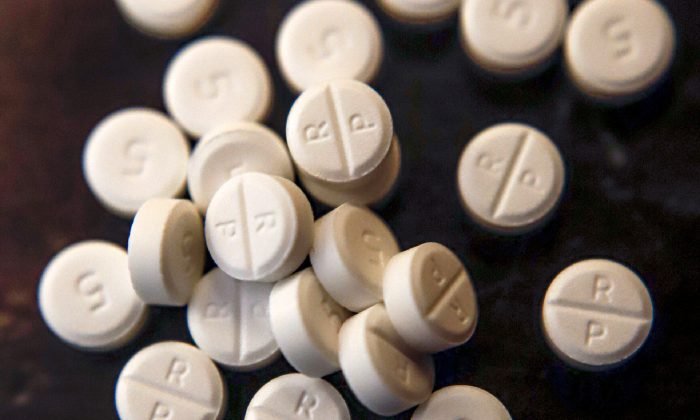Opioid-related deaths in Alberta fell to their lowest level in over four years this past May, continuing a steady decline observed in recent months.
Monthly drug poisoning deaths dropped to 72 in May, a 55 percent decrease from the same month last year and the lowest number since March 2020, when 71 deaths were recorded, according to the latest provincial government
data.
Alberta’s overdose fatalities climbed during the pandemic, peaking at 185 in March 2023. Since then, the numbers have steadily declined.
Mental Health and Addictions Minister Dan Williams said his government is “cautiously optimistic” about this trend, attributing it to the adoption of a recovery-based approach to the drug crisis. The
model offers a community-based system of care that focuses on prevention, treatment, and long-term recovery support.
“Our government believes that for anyone suffering from the disease of addiction, recovery is possible. We are turning words into action and giving people an opportunity to pursue recovery,” he told The Epoch Times in an emailed statement on Aug. 30.
Referring to so-called safer supply programs adopted in B.C. and Ontario, he said, “While other jurisdictions continue with experimental policies, Alberta is focused on expanding access to the treatment and recovery services we know save lives.”
Health Canada, which funds and oversees safer supply programs such as supervised drug consumption sites,
states that they offer a safer alternative to illegal street drugs, which often contain potent opioids like fentanyl.
B.C. and Ontario also reported a slight decline in drug overdose deaths in recent months.
In June 2024, a total of 185 drug toxicity deaths were recorded in B.C., down from 203 in the same month last year, according to data from the B.C. Chief Coroner’s Office.
Ontario saw a slight drop in opioid toxicity deaths in the first quarter of 2024, with a total of
606 fatalities recorded—a 5 percent decrease from the same quarter last year. However, the province has seen an annual increase in opioid-related deaths overall, rising to 2,593 last year from 1,559 in 2019.
B.C.’s safer supply program is part of a broader strategy that includes decriminalizing some drugs. In
January 2023, the province received an exemption from Health Canada to decriminalize the possession of small quantities of illicit drugs. The province
reversed course in April 2024 amid
record-breaking overdose cases and growing public safety concerns,
making it illegal to use these drugs in certain public places, such as inside hospitals, on transit, and in parks.
A spokesperson for the B.C. Ministry of Mental Health and Addictions stated that the province is “doing everything we know works” to tackle the drug toxicity crisis. This effort includes opening “
Foundry centres“ to support youth, running public awareness campaigns on the dangers of illegal drugs, adding over 650 new treatment and recovery beds, and opening a recovery community centre in North Vancouver.
“The rate of people dying from toxic drug poisonings is at the lowest it’s been in four years. We know there’s more to do, and we’re going to continue doing everything we can to save lives and connect people to the care they need,” the spokesperson said in an email statement on Aug. 30.
“We’re starting to see a difference.”
Ontario is also re-evaluating its safer supply approach. On May 17,
Premier Doug Ford asked Ottawa to pause the approval of new safe-supply programs in the province. On the same day, Health Canada rejected Toronto’s request to decriminalize the possession of hard drugs for personal use.
The Epoch Times reached out to Ontario’s Ministry of Health for comment but did not receive a response by publication time.





